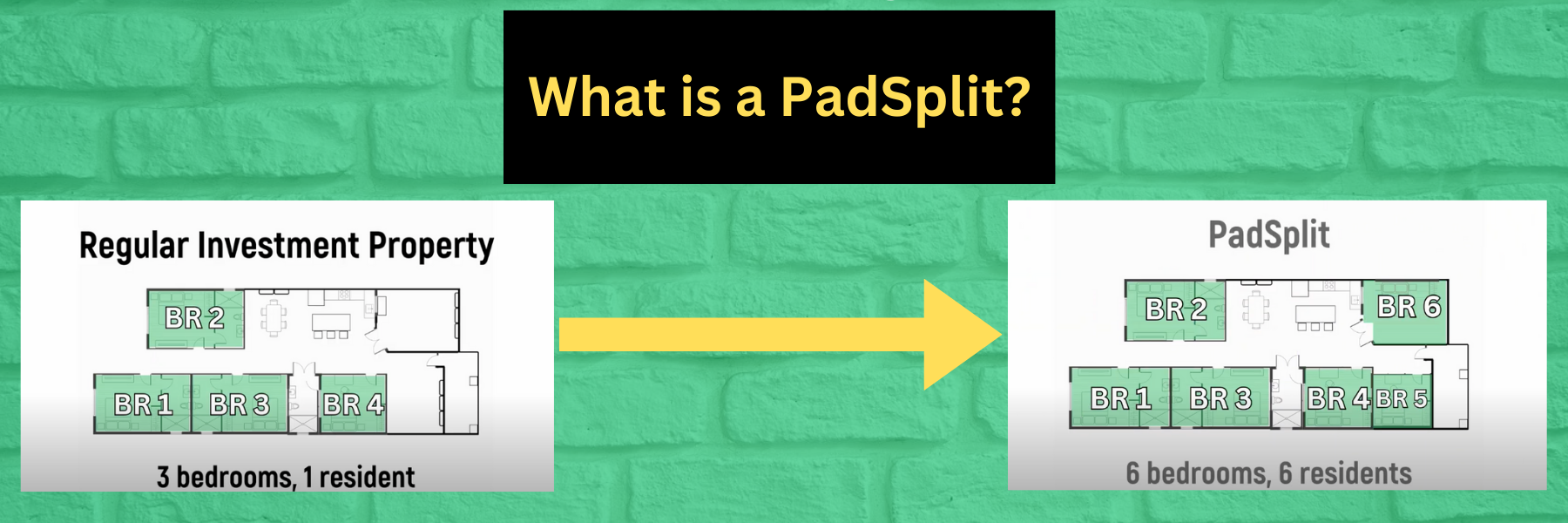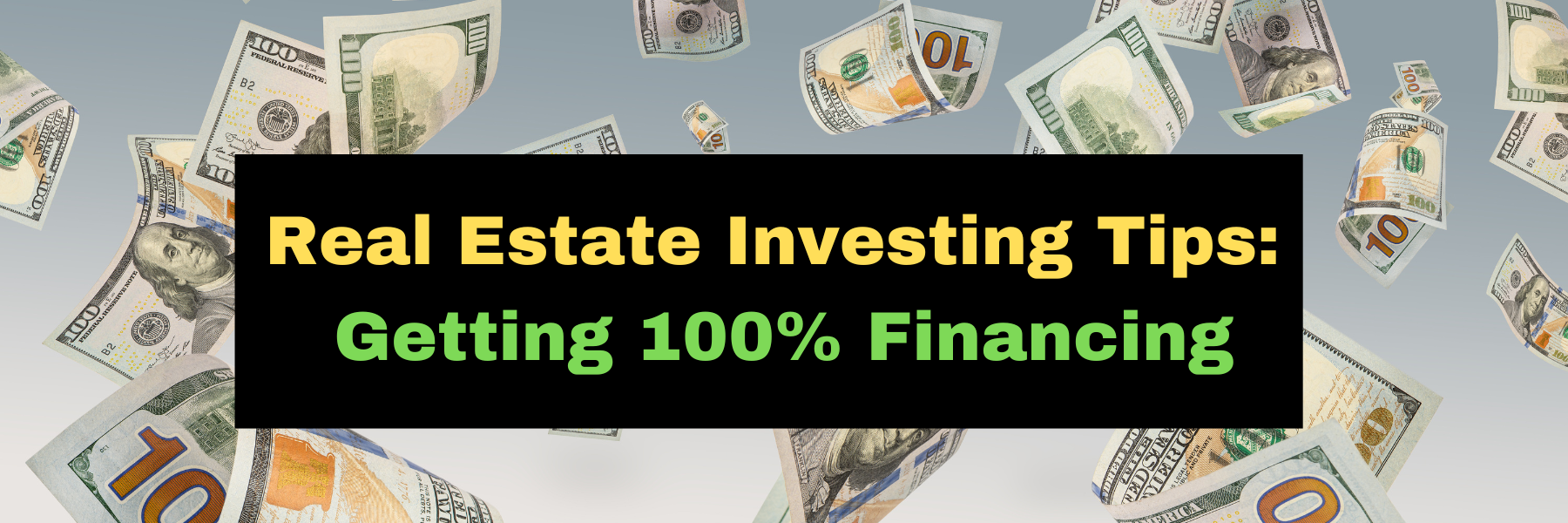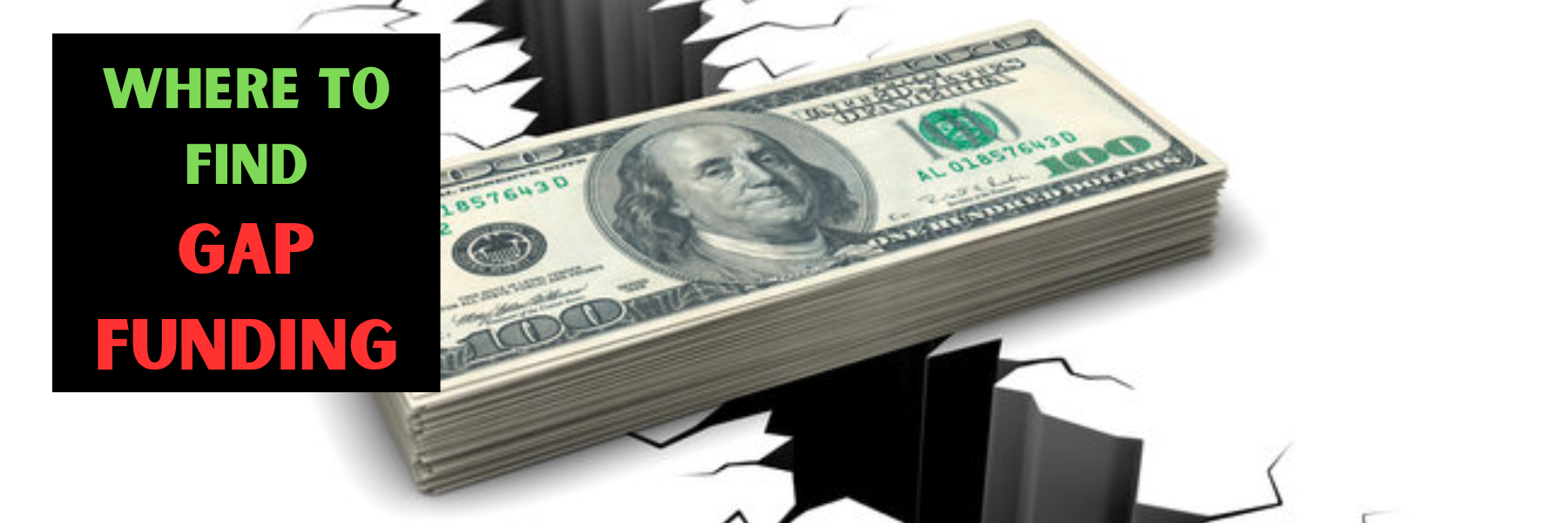Why You Need DSCR Loans In Today’s Real Estate Market
In today’s ever-changing real estate market, finding the right financing option is crucial for investors. That’s why DSCR loans, also known as Debt Service Coverage Ratio loans, are gaining popularity. Not only do they simplify the loan process, but they also focus on the income generated by the property itself. Consequently, investors can bypass the need for personal income documentation. Let’s dive into why DSCR loans are essential for modern real estate investors and how they can help you grow your portfolio.
What is a DSCR Loan?
A DSCR loan stands for Debt Service Coverage Ratio loan. It’s a unique type of loan designed for real estate investors who have rental properties. The best part? You don’t need to show personal or business income documentation. Instead, this loan focuses on the income from the property itself.
How Does a DSCR Loan Work?
DSCR loans are straightforward. They look at the property’s cash flow. In other words, they check if the rental income covers the property’s bills. These bills include the mortgage, taxes, insurance, HOA fees, and flood insurance. If the property can pay its way, you’re good to go!
Why DSCR Loans Are Perfect for Investors
No Personal Income Needed
Unlike other loans, DSCR loans don’t care about your job or tax returns. This is a great product if you’re new to investing or if you write off a lot of your income. For instance, if you just started your business or don’t have a steady job, it doesn’t matter. The property’s income is what counts.
Quick Approval Process
Since there’s no need for income verification, DSCR loans speed up the approval process. This means you can act fast when you find the perfect property.
Focused on Rental Properties
DSCR loans are made for rental-ready properties. This means the property should be ready for tenants to move in. To clarify, it’s not for fix-and-flip projects that need significant work. For example, if the property needs a new roof or a complete kitchen makeover, a DSCR loan isn’t the right fit. But, if it’s ready to rent, you’re in luck!
How to Qualify for a DSCR Loan
Step 1: Property Income
The property must generate enough income to cover its expenses. This is the most critical factor.
Step 2: Loan-to-Value Ratio (LTV)
Lenders look at how much you’re borrowing compared to the property’s value. The lower the LTV, the better your chances.
Step 3: Personal Credit Score
Even though your income doesn’t matter, your credit score does. A good credit score helps in getting favorable loan terms.
Benefits of DSCR Loans Over Conventional Loans
Right now, DSCR loans are often cheaper than conventional loans. Also, they also don’t appear on your personal credit report. This can be a big advantage if you own multiple rental properties. Conventional loans on the other hand can show up on your credit report and affect your credit score.
DSCR Loans and Business Structure
To clarify, DSCR loans are business loans. This means you need to have an LLC or a corporation established prior to applying. The loan is made out to your business, not to you personally. Therefore, it doesn’t show up on your credit report, and in turn keeps your personal credit clean.
Tools to Help You
Here at The Cash Flow Company, we offer a free DSCR calculator. This tool helps you figure out if a property will cash flow before applying for a DSCR loan. Just enter the numbers, and the calculator does the rest. It compares your rental income to your expenses to see if you break even.
Flexibility and Options
Even if your property doesn’t cash flow right away, there are options available. Sometimes, you might get a lower LTV, but it’s worth it if you believe the property value will increase.
Conclusion
DSCR loans are an excellent tool for real estate investors. They offer flexibility, quick approval, and most importantly they don’t require personal income documentation. Whether you’re starting out or have been in the game for a while, DSCR loans can help you build your real estate portfolio.
If you’re interested in learning more, visit The Cash Flow Company’s website! Start taking advantage of DSCR loans today!
Watch our most recent video to find out more about:Why You Need DSCR Loans In Today’s Real Estate Market










